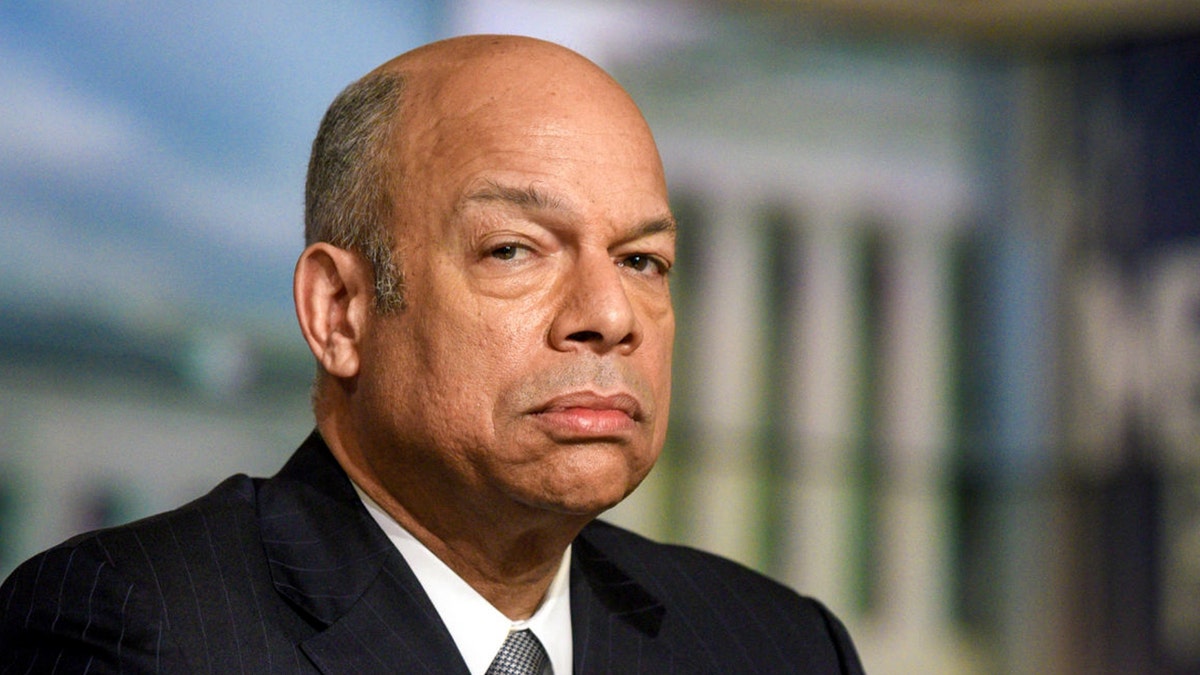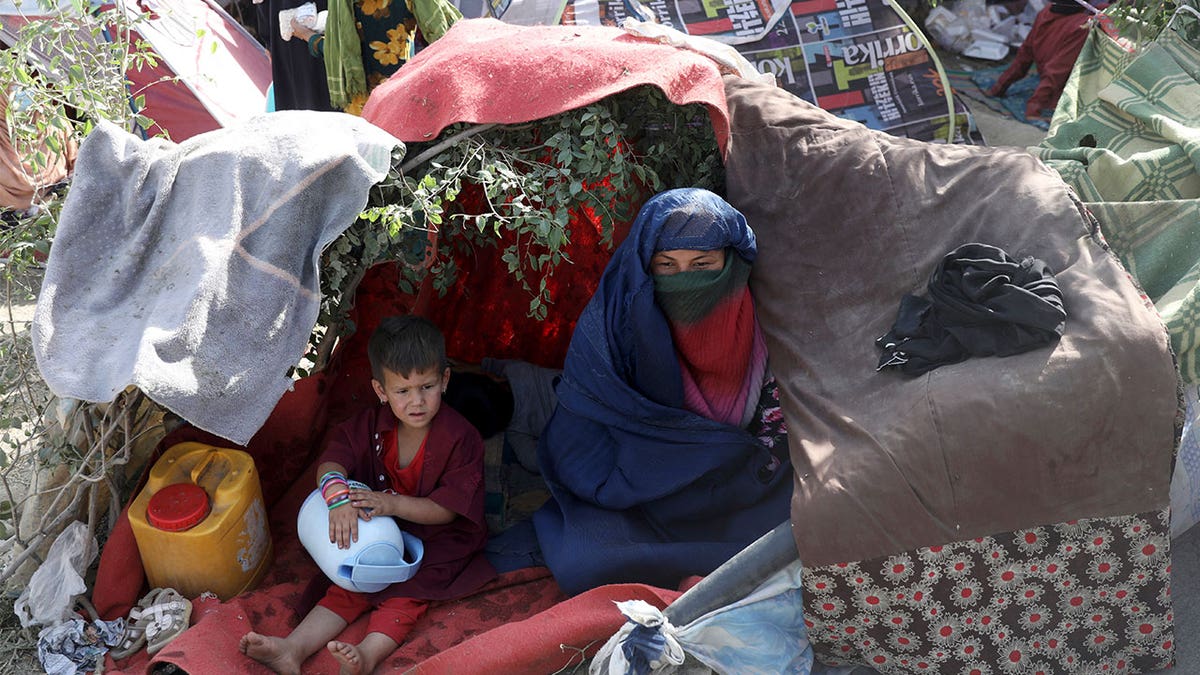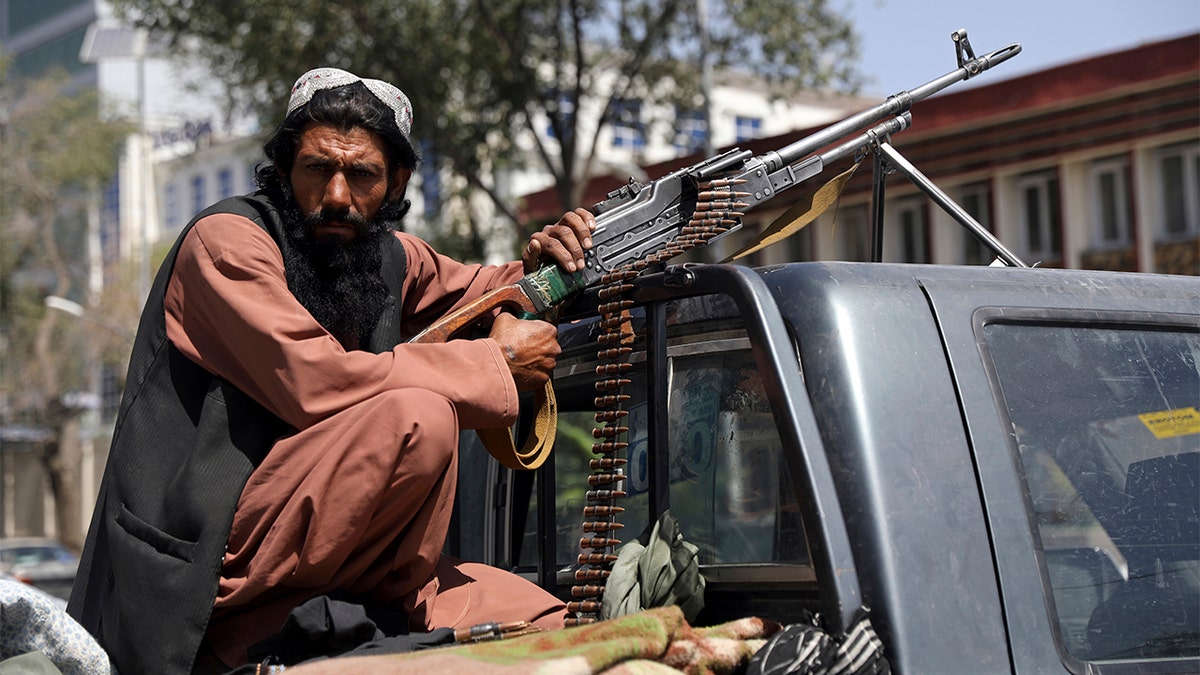Fox News Flash top headlines for January 11
Fox News Flash top headlines are here. Check out what's clicking on Foxnews.com.
Foreign policy experts put concerns about rising terrorism and political instability in Afghanistan, after the Biden administration's complete U.S. military withdrawal, at the top of a list of potential conflicts to watch in 2022.
The Council on Foreign Relations (CFR) released its annual "Preventive Priorities Survey" results Monday. The survey, conducted by CFR's Center for Preventive Action in November 2021, asked 400 experts to evaluate 30 "ongoing or potential violent conflicts based on their likelihood of occurring or escalating this year, as well as their possible impact on U.S. interests. "
TALIBAN ORDERS BEHEADING OF STORE MANNEQUINS AS AFGHAN WOMEN FUME OVER BIDEN 'BETRAYAL'
The survey's "top-tier" risk category includes the rise of humanitarian crises, the potential for armed confrontations between powers and the growing risk of regional conflicts due to nuclear proliferation.
"The Joe Biden administration is confronting several acute humanitarian crises this year amid growing tensions with China, Iran, and Russia," according to the news release accompanying the survey.

Jeh Johnson, Former Secretary of Homeland Security, appears on "Meet the Press" in Washington, D.C., Sunday, Feb. 24, 2019. (Photo by: William B. Plowman/NBC/NBC Newswire/NBCUniversal via Getty Images)
"A worsening humanitarian crisis in Afghanistan caused by acute food shortages, continuing political instability, and diminished foreign assistance, leading to a mass exodus of refugees," is listed as the first top-tier concern.
During a virtual meeting after the release of the survey Monday, leading foreign policy experts discussed the major crises that they predict may escalate in 2022, starting with Afghanistan.
KAZAKHSTAN SAYS 164 KILLED IN LAST WEEK'S PROTESTS
Jeh Charles Johnson, former secretary of Department of Homeland Security (DHS) under President Obama, said that the Afghanistan "problem" is here now and "here to stay."
The "picture from the U.S. perspective doesn’t look bright," said Johnson, referring to the rollback of women's rights and takeover of the Taliban since U.S. troop departure in August. The new Taliban-led government is "not moderate" as promised, and instead is mirroring previous governments that stoked terrorism in the region and worldwide, he said.

Internally displaced Afghans from northern provinces, who fled their home due to fighting between the Taliban and Afghan security personnel, take refuge in a public park Kabul, Afghanistan, Friday, Aug. 13, 2021. (AP Photo/Rahmat Gul)
The study, for the first time since it was launched in 2008, states that the likelihood of a "mass-casualty terrorist attack on the United States or a treaty ally by a foreign terrorist organization" is low, and no longer judged to be a priority, but some of the experts disagreed with that assessment.
The worldwide "terrorism risk hasn’t necessarily fallen," Harvard Kennedy School professor Meghan L. O'Sullivan warned during the virtual discussion.
O'Sullivan stated that due to the "massive humanitarian crisis" in Afghanistan currently and the takeover of the Taliban, the terrorism risk has not been completely eliminated.
AFGHAN BABY HANDED TO US TROOPS DURING EVACUATION CHAOS RETURNED TO FAMILY
Paul B. Stares, the director of the Center for Preventive Action, called Afghanistan situation a "paradox," because the terrorist threat may actually be on the rise again due to the U.S. departure, after it declared the "War on Terrorism" over.

A Taliban fighter sits on the back of a vehicle with a machine gun in front of the main gate leading to the Afghan presidential palace, in Kabul, Afghanistan, Monday, Aug. 16, 2021. (AP Photo/Rahmat Gul)
The discussion on Afghanistan's rising threats came one day before the White House announced $308 million in additional humanitarian assistance for the country, as it propels toward a humanitarian crisis in the five months after the Taliban takeover.
"The United States is committed to supporting the Afghan people and we continue to consider all options available to us. We stand with the people of Afghanistan," said National Security Council (NSC) Spokesperson Emily Horne on Tuesday.
Other topics of concern raised by CFR's study were the high likelihood of new disruptive cyberattacks on U.S. critical infrastructure, an increase in aggression by Russia and China against Ukraine and Taiwan, respectively, and the potential for regional military conflict over Iran and North Korea's nuclear programs.
"Cyberspace is the 21st century battleground," warned Johnson said during the virtual discussion. The former DHS secretary noted that a highly disruptive state-sponsored cyberattack on critical infrastructure would be detrimental to the U.S., pointing to the recent attack on Colonial Pipeline, which caused massive supply issues across the nation.
The Associated Press contributed to this report.













































